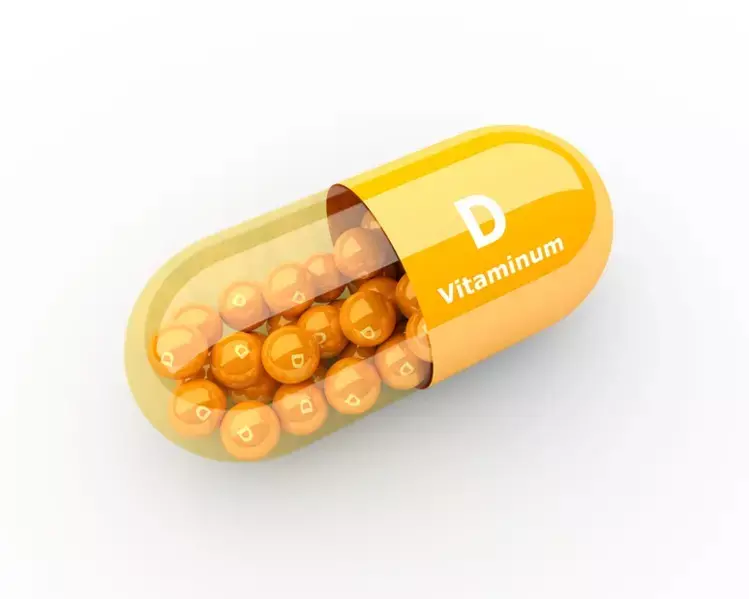- Home
- Medical news & Guidelines
- Anesthesiology
- Cardiology and CTVS
- Critical Care
- Dentistry
- Dermatology
- Diabetes and Endocrinology
- ENT
- Gastroenterology
- Medicine
- Nephrology
- Neurology
- Obstretics-Gynaecology
- Oncology
- Ophthalmology
- Orthopaedics
- Pediatrics-Neonatology
- Psychiatry
- Pulmonology
- Radiology
- Surgery
- Urology
- Laboratory Medicine
- Diet
- Nursing
- Paramedical
- Physiotherapy
- Health news
- Fact Check
- Bone Health Fact Check
- Brain Health Fact Check
- Cancer Related Fact Check
- Child Care Fact Check
- Dental and oral health fact check
- Diabetes and metabolic health fact check
- Diet and Nutrition Fact Check
- Eye and ENT Care Fact Check
- Fitness fact check
- Gut health fact check
- Heart health fact check
- Kidney health fact check
- Medical education fact check
- Men's health fact check
- Respiratory fact check
- Skin and hair care fact check
- Vaccine and Immunization fact check
- Women's health fact check
- AYUSH
- State News
- Andaman and Nicobar Islands
- Andhra Pradesh
- Arunachal Pradesh
- Assam
- Bihar
- Chandigarh
- Chattisgarh
- Dadra and Nagar Haveli
- Daman and Diu
- Delhi
- Goa
- Gujarat
- Haryana
- Himachal Pradesh
- Jammu & Kashmir
- Jharkhand
- Karnataka
- Kerala
- Ladakh
- Lakshadweep
- Madhya Pradesh
- Maharashtra
- Manipur
- Meghalaya
- Mizoram
- Nagaland
- Odisha
- Puducherry
- Punjab
- Rajasthan
- Sikkim
- Tamil Nadu
- Telangana
- Tripura
- Uttar Pradesh
- Uttrakhand
- West Bengal
- Medical Education
- Industry
Vitamin D intake can improve ejection fraction in chronic heart failure: Study

Heart failure is a pathophysiologic state in which the cardiac output is not able to supply the body with enough oxygen and nutrients. The prevalence of heart failure has increased dramatically over the last decades.
Researchers at Mousavi Hospital of Zanjan, Iran have found left ventricular ejection fraction and its functional ability can be improved in Vitamin D deficiency patients by administering Vitamin D supplements. The research findings have been published in the International Journal of Endocrinology and Metabolism on September 2, 2020.
Previous studies have shown that the level of vitamin D in patients with chronic heart failure is lower than the healthy people of the same age, and vitamin D deficiency in patients with chronic heart failure has a direct relationship with mortality. Some of the causes of vitamin D deficiency in these patients include inactivity and getting inadequate sunlight for vitamin D synthesis, as well as a nutritional deficiency. Also, some studies suggest vitamin D is deficient in diseases such as hypertension, diabetes mellitus, and metabolic syndrome and acts as a protective factor against cardiac hypertrophy and myocardial dysfunction. Researchers of Mousavi Hospital evaluated the effect of vitamin D on the improvement of left ventricular ejection fraction in patients with systolic heart failure.
They conducted a double-blind, randomized-controlled clinical trial in eighty-two patients with chronic systolic heart failure from November 2016 to October 2018. Patients were randomized to receive either 50,000 units of vitamin D capsules weekly for eight weeks (n=41), or placebo (n = 41) and follow up was scheduled every 2 weeks by telephone for 2 months with a monthly clinic visit. In both the intervention and placebo groups, hypertension and coronary artery disease were the most common diseases associated with chronic heart failure. The findings also showed that the majority of patients in both groups were in New York Heart Association (NYHA) Class ΙΙ. The major outcome assessed was ejection fraction and end-diastolic volume.
Key results of the study were:
♦Researchers found no statistically significant difference at the baseline parameters between the two studies.
♦After a 2-months of follow-up, researchers observed the intervention group showed statistically significant changes in ejection fraction, end-diastolic volume, and heart failure class when compared to the placebo group.
♦They also found the serum level of albumin and vitamin D in the intervention group was significantly higher than the placebo group.
The authors concluded, "The results of this study show that vitamin D treatment can improve the ejection fraction and functional ability of patients with vitamin D deficiency".
The authors further added, " If more comprehensive and generalizable studies conducted on the normal population support this hypothesis, vitamin D deficiency assessment and correction in patients with chronic heart failure may be recommended".
Medical Dialogues Bureau consists of a team of passionate medical/scientific writers, led by doctors and healthcare researchers. Our team efforts to bring you updated and timely news about the important happenings of the medical and healthcare sector. Our editorial team can be reached at editorial@medicaldialogues.in.
Dr Kamal Kant Kohli-MBBS, DTCD- a chest specialist with more than 30 years of practice and a flair for writing clinical articles, Dr Kamal Kant Kohli joined Medical Dialogues as a Chief Editor of Medical News. Besides writing articles, as an editor, he proofreads and verifies all the medical content published on Medical Dialogues including those coming from journals, studies,medical conferences,guidelines etc. Email: drkohli@medicaldialogues.in. Contact no. 011-43720751


